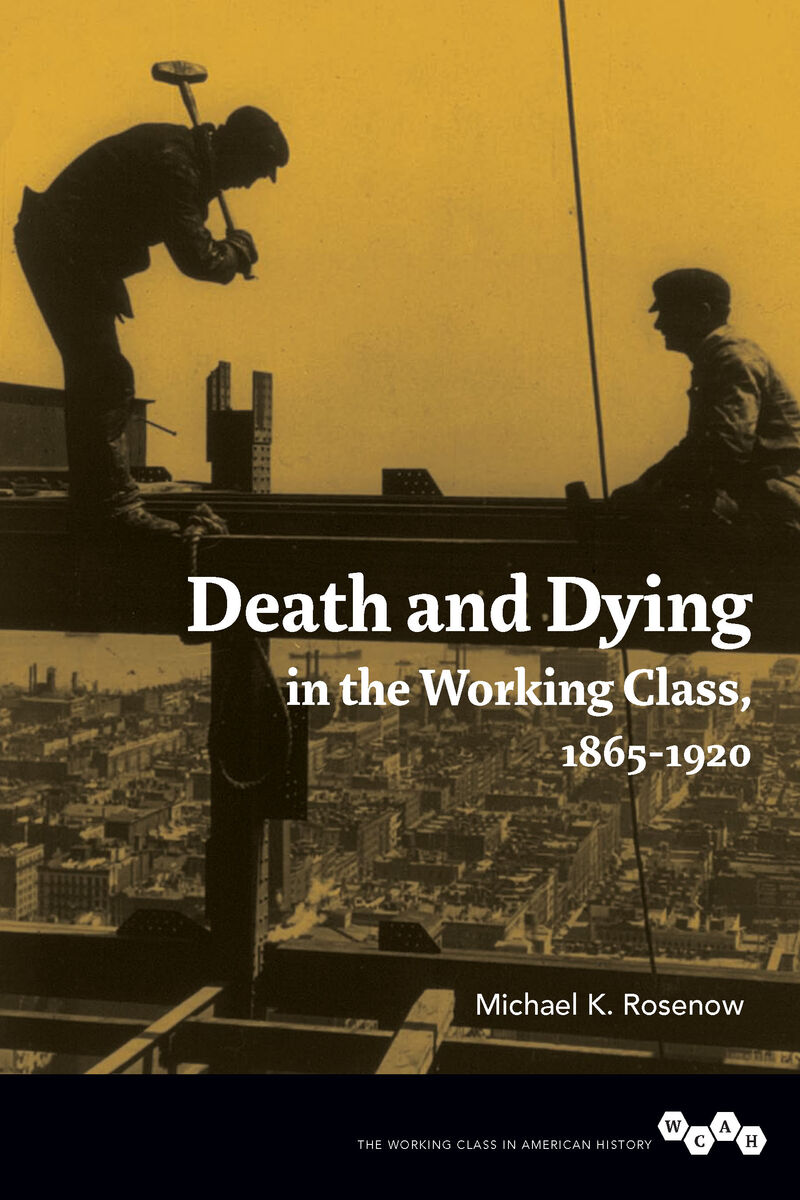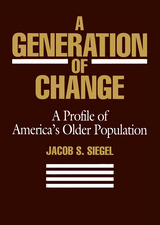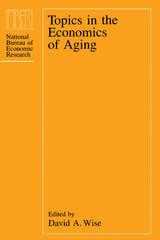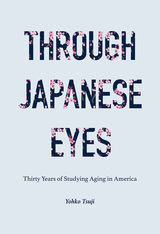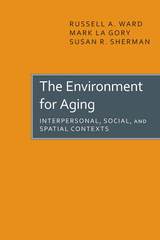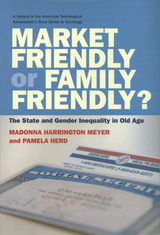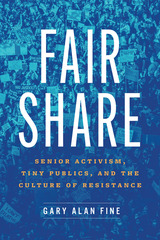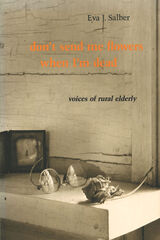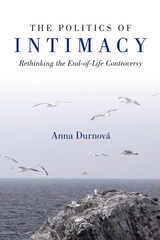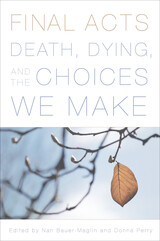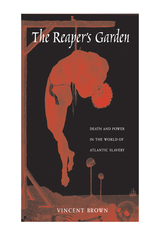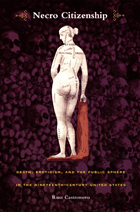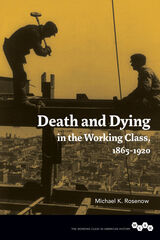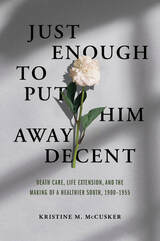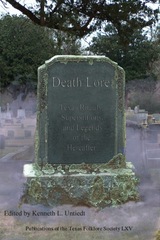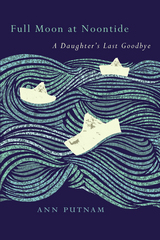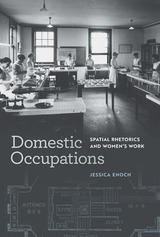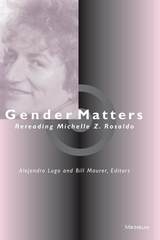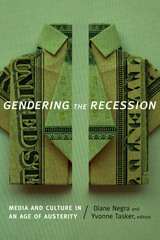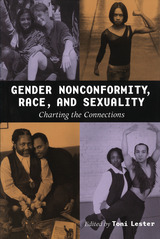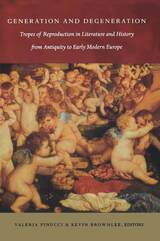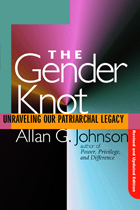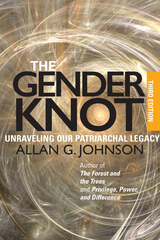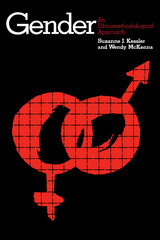Death and Dying in the Working Class, 1865-1920
University of Illinois Press, 2015
Cloth: 978-0-252-03913-3 | Paper: 978-0-252-08071-5 | eISBN: 978-0-252-09711-9
Library of Congress Classification HQ1073.5.U6R674 2015
Dewey Decimal Classification 331.09
Cloth: 978-0-252-03913-3 | Paper: 978-0-252-08071-5 | eISBN: 978-0-252-09711-9
Library of Congress Classification HQ1073.5.U6R674 2015
Dewey Decimal Classification 331.09
ABOUT THIS BOOK | AUTHOR BIOGRAPHY | REVIEWS | TOC
ABOUT THIS BOOK
Michael K. Rosenow investigates working people's beliefs, rituals of dying, and the politics of death by honing in on three overarching questions: How did workers, their families, and their communities experience death? Did various identities of class, race, gender, and religion coalesce to form distinct cultures of death for working people? And how did people's attitudes toward death reflect notions of who mattered in U.S. society?
Drawing from an eclectic array of sources ranging from Andrew Carnegie to grave markers in Chicago's potter's field, Rosenow portrays the complex political, social, and cultural relationships that fueled the United States' industrial ascent. The result is an undertaking that adds emotional depth to existing history while challenging our understanding of modes of cultural transmission.
Drawing from an eclectic array of sources ranging from Andrew Carnegie to grave markers in Chicago's potter's field, Rosenow portrays the complex political, social, and cultural relationships that fueled the United States' industrial ascent. The result is an undertaking that adds emotional depth to existing history while challenging our understanding of modes of cultural transmission.
See other books on: Death & Dying | Dying | Funeral rites and ceremonies | Industrialization | Working class
See other titles from University of Illinois Press
